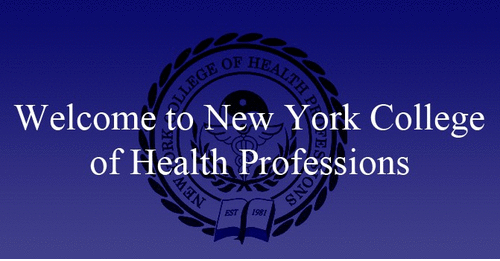If you have researched complementary therapy, you may have come across the term Asian Bodywork Therapy (ABT). One of the four branches of Traditional Chinese Medicine (TCM), ABT follows various ancient principles, including healing the individual as a whole. This ensures that the ABT practitioner considers physical, emotional and outside factors affecting the patient’s health. Quite often, the patient is unaware of the emotional or mental factors that may be causing their physical pain or discomfort. Proper observation by the practitioner can help pinpoint the root cause of the issue and treat it effectively.
Depending on the issue, the practitioner chooses the most appropriate methods of treatment, which may include techniques such as Shiatsu, Acupressure or TuiNa. Although these techniques serve different purposes, they all include the manipulation of bodily tissues in a specific manner. Practitioners of holistic therapies such as Asian Bodywork Therapy often work closely with other professionals such as licensed Acupuncturists, Yoga instructors and more. This symbiotic relationship allows them to cross-refer patients who may be in need of other therapies to best treat their ailment.
ABT has numerous benefits including relief of stress, chronic pain, anxiety, insomnia and some studies have also found it effective in managing depression. As holistic therapies continue to integrate with Western medicine, an increasing number of physicians are referring their patients to licensed holistic practitioners for complimentary therapies. Currently, approximately 30% of Western physicians have referred their patients at some point to a holistic practitioner such as a massage therapist or Acupuncturist.
For individuals interested in pursuing a career in Asian Bodywork Therapy, New York College of Health Professions offers an accredited Bachelors of Professional Studies degree in Advanced Asian Bodywork. During the 10-trimester, 120-credit program, students cover the curriculum for massage therapy including the western and oriental health sciences, Swedish, Asian and medical massage, as well as learn the skills and in-depth assessment and practical study in Advanced Asian Bodywork Techniques such as Tui Na and Shiatsu. Graduates of this program are able to sit for New York State Massage Therapy Licensing Exam as well as the National Certification Commission for Acupuncture and Oriental Medicine (NCCAOM) certification exam in Asian Bodywork. With its campus in Syosset, Long Island, NY and 3 locations in New York City, New York College is convenient for any student in the tri-state area.
Depending on the issue, the practitioner chooses the most appropriate methods of treatment, which may include techniques such as Shiatsu, Acupressure or TuiNa. Although these techniques serve different purposes, they all include the manipulation of bodily tissues in a specific manner. Practitioners of holistic therapies such as Asian Bodywork Therapy often work closely with other professionals such as licensed Acupuncturists, Yoga instructors and more. This symbiotic relationship allows them to cross-refer patients who may be in need of other therapies to best treat their ailment.
ABT has numerous benefits including relief of stress, chronic pain, anxiety, insomnia and some studies have also found it effective in managing depression. As holistic therapies continue to integrate with Western medicine, an increasing number of physicians are referring their patients to licensed holistic practitioners for complimentary therapies. Currently, approximately 30% of Western physicians have referred their patients at some point to a holistic practitioner such as a massage therapist or Acupuncturist.
For individuals interested in pursuing a career in Asian Bodywork Therapy, New York College of Health Professions offers an accredited Bachelors of Professional Studies degree in Advanced Asian Bodywork. During the 10-trimester, 120-credit program, students cover the curriculum for massage therapy including the western and oriental health sciences, Swedish, Asian and medical massage, as well as learn the skills and in-depth assessment and practical study in Advanced Asian Bodywork Techniques such as Tui Na and Shiatsu. Graduates of this program are able to sit for New York State Massage Therapy Licensing Exam as well as the National Certification Commission for Acupuncture and Oriental Medicine (NCCAOM) certification exam in Asian Bodywork. With its campus in Syosset, Long Island, NY and 3 locations in New York City, New York College is convenient for any student in the tri-state area.
